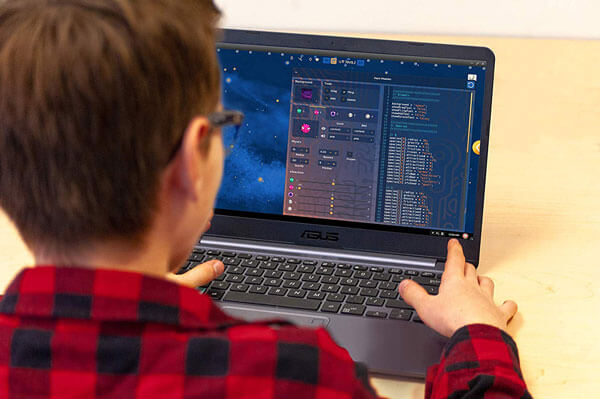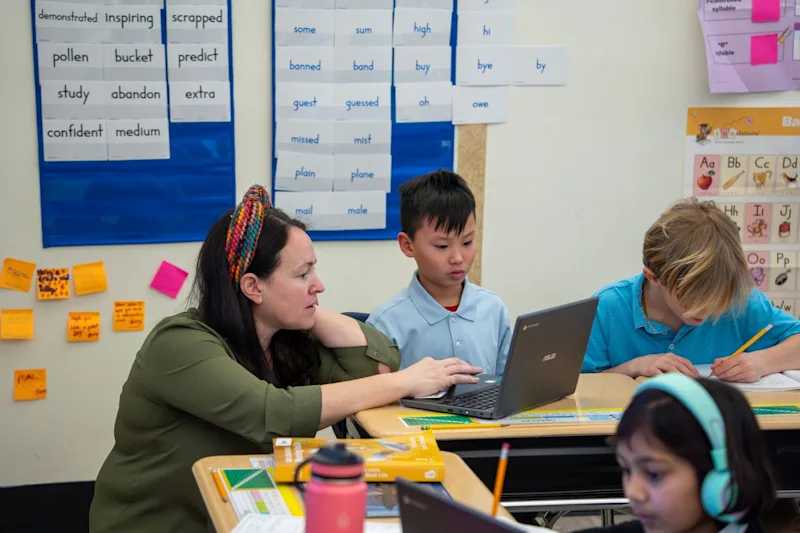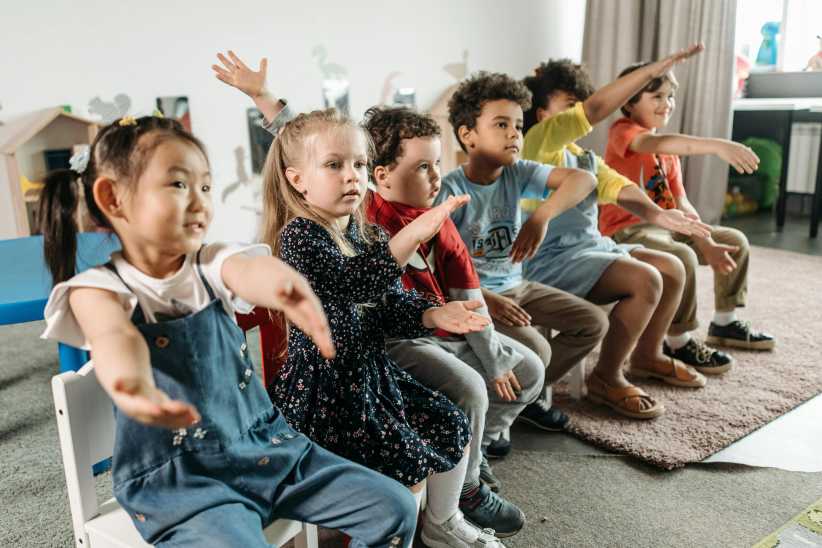
What if smart, young “HACKers” ruled the world? We have entered a new age of digital literacy. Kids are learning new hacking and coding skills aside from their ABC’s and tapping into their potential for amazing change.
According to stemconnector.org, “With technology fueling innovation and opportunity beyond our imaginations, the U.S. is on the cusp of a revolution in work, and estimates suggest that 65% of children entering elementary school today will ultimately end up working in completely new job types that are not on our radar yet.”
More than ever before, the goal of K-12 science, technology, engineering, and mathematics education is to get ALL students from the middle of the pack to the tippy top in an increasingly competitive global arena.
But reaching female students has been a challenge. Girls are still less likely to pursue a college major or career in STEM fields than boys, who are more likely to land engineering and technology jobs. (Asian students and American Indian students, have historically shown higher interest in STEM, overall).
Learn Code With This Laptop for Kids
Hack introduced a laptop designed for kids to help them code. This new technology teaches creative problem-solving skills that can be universally applied. It is the only laptop that encourages kids ages 8 and up to code by inviting them to hack everything on the computer.
Hack CEO Roberta Antunes wishes to inspire girls to pursue careers in STEM. She’s also a parent who believes in solid STEM education for everyone, especially since these careers have doubled, with new jobs and exciting new fields being created daily. “Hack is a full system that encourages children to look behind games, apps and programs and allows them to understand how they work, and also enables them to build their own games and projects. This is accomplished through a fun and playful narrative that is guided by interesting and historical characters that encourage them to challenge the status quo and look behind their screens,” Antunes explains.
As kids progress through Hack, they get curious about how the world works. “We created Hack because we believe kids should be empowered by the technology they are working with, instead of being shaped by it.”
The next generation is going to be much more familiar with coding and will be able to implement it in any area that they are interested in. “Coding encourages kids to solve problems with both logic and creativity. With Hack, we have created an experience in which they learn how to code by playing games until they can build their own. It is an engaging platform in which they learn an important aptitude, but also build relevant skills for anything they want to do in life,” Antunes says. “Coding proficiency will empower the new generation to be able to change their relationship with technology and shape it, rather than simply consume it,” she adds.
Q&A With CEO of Hack Roberta Antunes
So, why did you create a hackable laptop?
As a mom of a 10-year-old, I have always been concerned about the way children are consuming technology today. They sit in front of a tablet or a phone for hours just consuming the information someone targets to them, without understanding why. At the same time, I understand that if children want to be successful in the world today, they need to master technology. Software is winning the world! It is transforming every industry you can think of and has the potential to affect our kids’ lives profoundly.
Why should kids learn how to code while developing valuable hacking skills?
Software is everywhere! I am hard-pressed to think about any industry today that hasn’t been affected by coding: medical, food, transportation, computer science, etc. Current research states the following:
• 75% percent of all the new jobs opened by 2022 are going to require some coding knowledge.
• Jobs that require coding pay around $58,000 more per year than average.
• The demand for computer science classes have doubled in the US, while faculty has grown only 17 percent.
It doesn’t matter what field your child is going to pursue in the future, having some knowledge about coding is going to help them succeed. For me, more important than the technical skills, are the soft skills that coding helps to develop, like:
Problem-solving skills: Kids learn to appreciate how things work; how to decompose the problems to tackle them in smaller and simpler ways.
Builds resilience: In coding, failing is not a bad thing! Kids learn a “try, test and do it again” mindset. Everything has more than one solution!
Increases Creativity: Coding stimulates experimentation. Trying different solutions to solve problems increases both confidence and creative problem-solving.
Equalizing access and encouraging girls to get involved in STEM fields is so important — so what’s that gender gap about?
As Reshma Saujane states in her book Brave not Perfect, girls are raised to be perfect, and not brave. They are less encouraged through their education and society to embrace things that they do not feel comfortable with or that they believe they will fail at attempting. This is because of the societal pressure they experience to be perfect. Boys, on the other hand, are raised to be courageous but not perfect. They are encouraged to face the unknown, to push boundaries, and be brave. Because of this, they usually excel more in areas in which there is a lot of unknown.
Technology and science exist, in part, in the unknown. They are both a process of discovery with no clear answers. Based upon these unfortunate societal influences, there is a predisposition for boys to be more successful. We are hoping through the work we are doing, that we can positively impact this inequality.
How does Hack evolve along with the child?
Every month, a new episode is released. Children are encouraged to go beyond their comfort zone and play with the code “behind the scenes.” Characters guide them through a narrative and children quickly learn that the easiest and more entertaining way to win the games is interacting with the real code. With time, they end up building their own games and are encouraged to explore the deepest and most complex parts of the computer’s operating system and interact with the tools that real developers use to build code.
What does the future look like?
I believe that coding is going to be perceived more and more as a language. The evolution of technological literacy will be similar to the evolution of the written language in our lifetime. In earlier times, the power of reading and writing was restricted to very few individuals, and that gave them enormous power. Reading and writing were skills of the elite. With time, literacy skills became more available and the power of communication was more evenly distributed and increased the importance of the profession of teaching these skills.
Looking Forward
Antunes strongly believes that STEM technology and knowing how to code will be crucial for everyone in the next five years.
“To be successful in the near future, every industry will require some level of knowledge of these principles,” she says. “Mastering coding as a part of their STEM curriculum, children build the confidence that they will need for the rest of their lives. Making STEM education readily available to all will also help to reduce the gender gap in technology.
“At Hack, our goal is not to build engineers. It is to build kids that are better prepared for the world.”
Learn more at hack-computer.com



















